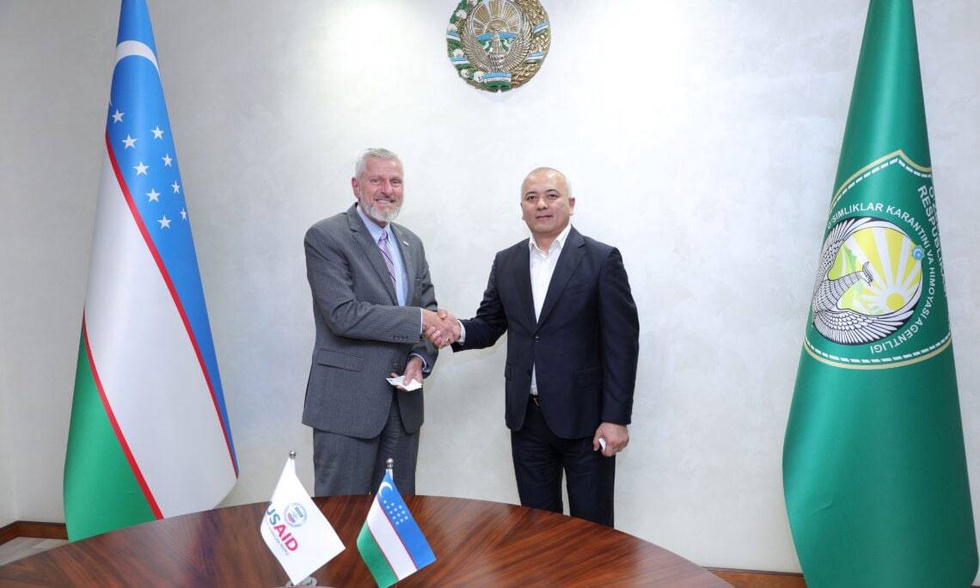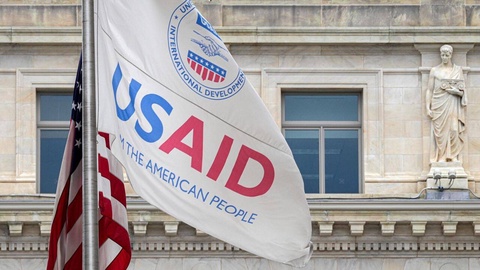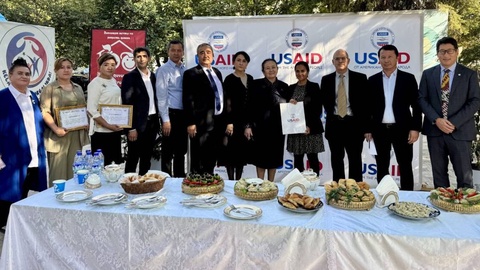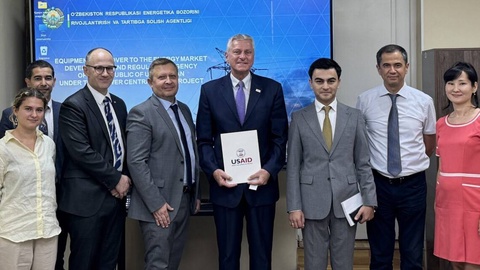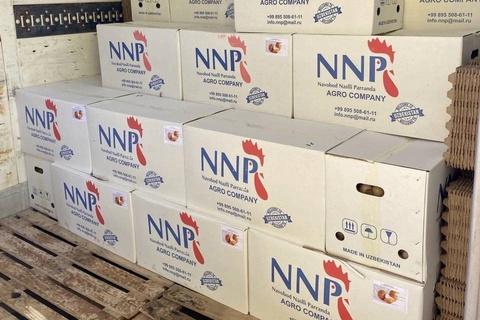This contribution is part of USAID's ongoing support to strengthen the infrastructure of Uzbekistan's agricultural sector.
The new equipment, equipped with advanced technologies for secure data management, improved network security and improved information processing efficiency, will be used in the Agency's Central Phytosanitary Laboratory. This will allow the Agency to analyze the state of plant health, ensuring that Uzbekistan complies with international standards within the framework of the International Plant Protection Convention (IPPC).
Speaking at the equipment transfer ceremony, Edward Michalski, Deputy Director of the USAID mission in Uzbekistan, stressed:
"The U.S. government, through USAID, is proud of its role as a reliable partner in promoting the economic development of Uzbekistan. A key element of our cooperation is to support the improvement of plant protection standards across the country."
He also added:
"Today marks an important milestone in our partnership with the Plant Protection and Quarantine Agency of Uzbekistan. Together, we are taking a decisive step towards modernizing plant protection systems in Uzbekistan and bringing the country's agricultural standards to a new level."
Uzbekistan's recent membership in the IPPC reflects the country's commitment to bringing its agricultural practices in line with international standards. The new equipment will play a key role in achieving laboratory accreditation within the framework of the IPPC, which will help reduce diagnostic errors and accelerate the analysis of plant health. This is an important step towards improving food security and plant protection in Uzbekistan, as well as improving trade standards with international partners.
Digital updates will bring many benefits, including automated data collection, more accurate results, and faster and more efficient information transfer. A secure system will also provide access to data only for authorized stakeholders, allowing timely decisions to be made while maintaining data confidentiality. Automation of processes will reduce the likelihood of human error, increase the reliability of results and improve the overall productivity of phytosanitary activities in Uzbekistan.
This contribution is a significant step towards improving Uzbekistan's agricultural security, strengthening international trade and protecting the country's natural resources. With these new tools, Uzbekistan is becoming more prepared to comply with international agricultural standards and support its growing role in global markets.


